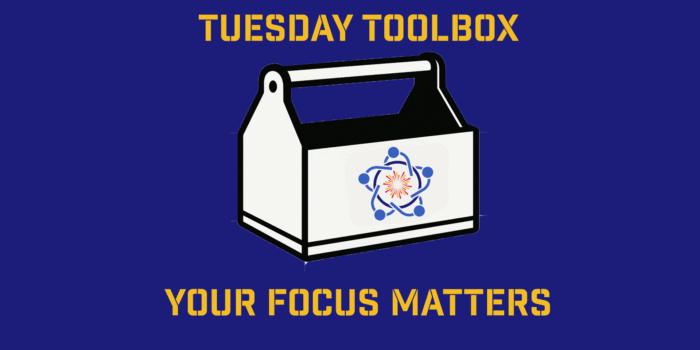Best. Words. Ever.
“What am I doing wrong?”
That question kept pounding through my head. I had recently learned of a friend whose business was doing huge numbers, much bigger than mine.
My newsletter had tens of thousands of subscribers. His had a hundred thousand.
My podcast got thousands of downloads. His got millions.
He had a bigger house. A nicer car. More things going for him.
Or so I thought.
The truth was, my business was doing well. I also had my health and a happy family life, things that others would give almost anything for. But my joy was slipping away, at least temporarily, because I was fixated on someone else’s “success.”
I was feeding the envy animal.
This time, I was able to get over it–but I kept falling into the same trap. So, I came up with a simple mental framework that could help me snap out it, every time I started having these feelings.
Whenever I start envying others or thinking that they have it better than me, I tell myself a two-word phrase:
Don’t compare.
If you’re thinking the phrase “don’t compare” is super simple, you’re absolutely right. But simple phrases like this work–because they’re founded on principles of psychology and emotional intelligence, the ability to understand and manage emotions.
Why is this phrase so effective? And how can it help you manage your feelings and emotions, when you start to feed the envy animal? Here’s a breakdown. (If you find value in this lesson, you might be interested in my free emotional intelligence course, which teaches you how to build EQ in yourself and your team.)
The benefits of positive self-talk
Decades of academic research indicate the potential benefits of “self-talk,” the inner dialogue in your head that can influence the way you think, feel, and act.
The key, though, to beneficial self-talk is making it positive.
Self-talk can also be negative, or critical. You can’t always prevent critical self-talk, like when I was questioning myself for not achieving the things my friend had. But you do have control over how long you dwell on those thoughts. And, by using positive self-talk, you can change the inner dialogue–also changing the way you think, feel, and act. (I refer to this as the blue dolphin rule.)
That’s why the simple phrase “don’t compare” is so helpful. When I notice that I’m starting to feed the envy animal, these two words remind me that:
No matter how good things are going, there will always be someone who “appears” to be doing better.
Appearances can be deceiving. And even if they aren’t, they are accompanied by challenges and difficulties I don’t see.
Others’ achievements have nothing to do with my happiness.
Additionally, I use the phrase “don’t compare” as a trigger for the following framework, which consists of two actions:
1. Define success.
It’s my job to define what success looks like for me, not others.
What are my goals and priorities? What am I willing to do–and not do–to achieve them?
If your business and life goals are always designed to chase others, you’re never going to be satisfied. Further, you may be tempted to compromise your values, or at least to do things you don’t really want to do, to be more like “them.”
(If you need help defining your own goals and priorities, check out the rule of recentering.)
2. Strive to be the best you can be.
You are unique. Your strengths, experiences, insights–even your style–are different from others’.
This is what separates you from others. Interestingly, it’s also what will attract some to you and your business over others.
So, strive to become the best version of yourself, not someone else.
So, the next time you’re tempted to feed the envy animal, remember the emotionally intelligent principle of positive self-talk, and remind yourself:
Don’t compare.
Doing so will help you achieve your vision of success, and can make you happier in the process.
EXPERT OPINION BY JUSTIN BARISO, AUTHOR, EQ APPLIED



